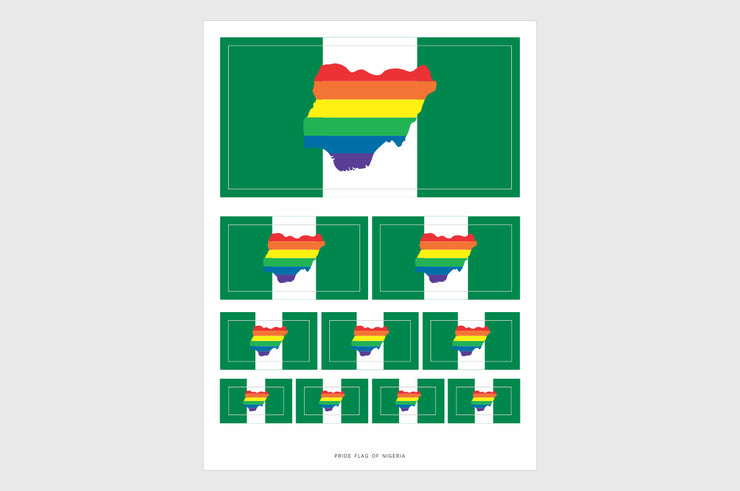LGBTQ in Nigeria? What’s the status?

Nigeria, a nation with a rich tapestry of cultures and traditions, is also grappling with complex issues surrounding LGBTQ rights. The intersection of socio-cultural norms, religious beliefs, and legal frameworks has given rise to a challenging environment for the LGBTQ community.
The LGBTQ community in Nigeria faces numerous challenges, stemming from a combination of legal, social, and cultural factors.
Nigeria criminalizes same-sex relationships under the Same-Sex Marriage (Prohibition) Act, enacted in 2014. This legislation not only prohibits same-sex unions but also criminalizes any form of support or advocacy for LGBTQ rights. Violation of these laws can result in severe penalties, including imprisonment thus leading to stigmatisation of LGBTQ individuals in Nigeria. Coming out may lead to rejection from family, friends, and the broader community. LGBTQ individuals may face verbal abuse, exclusion, and in some cases, physical violence.
There have been reports of violence and harassment against LGBTQ individuals in Nigeria. Hate crimes, including physical assaults and attacks, further contribute to a climate of fear and insecurity for the LGBTQ community. This violence is solidified by the limited legal protections for LGBTQ individuals in Nigeria. This hostile environment and lack of acceptance contribute to mental health challenges within the LGBTQ community. Discrimination and social isolation can lead to anxiety, depression, and other mental health issues.
Moreso, the media representation of LGBTQ individuals in Nigeria is often limited and tends to reinforce negative stereotypes. This lack of positive portrayal can contribute to the perpetuation of misconceptions and biases.
Despite these challenges, there is a burgeoning LGBTQ rights movement in Nigeria. Activists and organizations are working tirelessly to raise awareness, challenge discriminatory laws, and provide much-needed support to the LGBTQ community. However, these efforts are not without risks, as individuals involved in advocacy often face threats and backlash. Addressing these challenges requires comprehensive efforts, including legal reforms, education, awareness campaigns, and fostering a more inclusive and accepting societal environment.
Nigeria’s stance on LGBTQ rights has not gone unnoticed on the international stage. Human rights organizations and global entities have consistently urged the Nigerian government to reconsider laws criminalizing same-sex relationships. This international scrutiny emphasizes the importance of protecting the rights and dignity of all individuals, irrespective of their sexual orientation.
The conversation around LGBTQ issues in Nigeria is dynamic and multifaceted. While traditional and religious beliefs often shape public opinion, there is a gradual shift in discourse. This shift is fueled by the resilience of activists, changing attitudes among the youth, and a global awareness of the importance of LGBTQ rights.
In conclusion, the discussion on LGBTQ realities in Nigeria involves navigating through legal, social, and cultural complexities. While the challenges persist, the growing activism, changing discourse, and international pressure indicate the potential for positive transformations. It remains a vital topic for ongoing dialogue within Nigerian society and on the global stage, highlighting the complexities of reconciling cultural norms with the pursuit of human rights and inclusivity.




